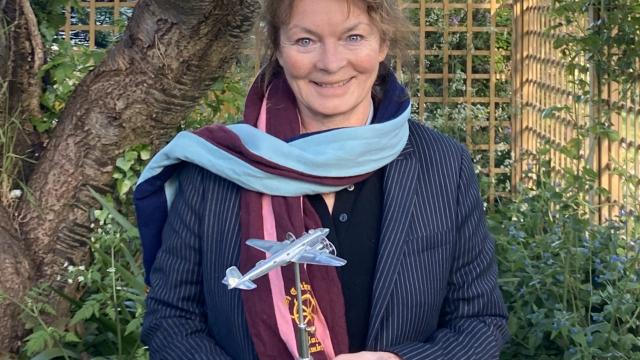
A St Catharine’s Fellow is part of an international team who created a new candidate drug (a compound with therapeutic potential that has been altered to enhance its effectiveness) in the hope of improving cancer treatment after establishing that low pH limits the effectiveness of existing cancer immunotherapies.
This significant work by Dr Rahul Roychoudhuri (2020), Director of Studies in Pathology at St Catharine’s, and other scientists from Cambridge, Dundee and Lille was celebrated on the cover of this month’s Science Immunology, a scientific journal published by the American Association for the Advancement of Science.
The focus of their work was cytokines: small, naturally occurring proteins that carry messages between cells, and are known to play a critical role in the body’s immune response. Thirty years ago, a cytokine called interleukin-2 (IL-2) was approved as the first cancer immunotherapy and is still used today to kill cancer cells and shrink tumours.
However, the research team was able to show that the effectiveness of even high doses of existing IL-2 immunotherapies is highly limited due to the lactic acid generated by tumours, which creates an acidic microenvironment (typically a pH near 6).
In response, the team turned to IL-2 variants with mutations that would function better in acidic environments, with one variant emerging as a strong contender: Switch-2. They tested the Switch-2 IL-2 variant in mice and found that it not only stimulated a powerful antitumour immune response at acidic pH, but also, and somewhat surprisingly, exhibits reduced activity at the neutral pH found in healthy tissue.
Dr Roychoudhuri commented, “I’m thrilled that my group has been able to contribute to the creation of a promising new candidate for cancer immunotherapy. I believe this discovery holds significant therapeutic potential for patients with metastatic cancer, which we aim to test in clinical trials in the near future.
“It has been a pleasure collaborating with Suman Mitra and Ignacio Moraga’s laboratories. Congratulations to our first authors Silvia Gaggero and Jonathan Martinez-Fabregas on their tremendous work.”
The research also showed that sensitivity to pH affects a diverse range of cytokines, not just IL-2. Since IL-2 is not the only cytokine responsive to pH, nor the only one being explored for cancer immunotherapy, their techniques could potentially be used to support the development of acid-tolerant variants of other cytokines used in cancer treatments.
Reference
Gaggero, S. et al. IL-2 is inactivated by the acidic pH environment of tumors enabling engineering of a pH-selective mutein. Science Immunology 2022; 7 (78). Available online: https://www.science.org/doi/10.1126/sciimmunol.ade5686



